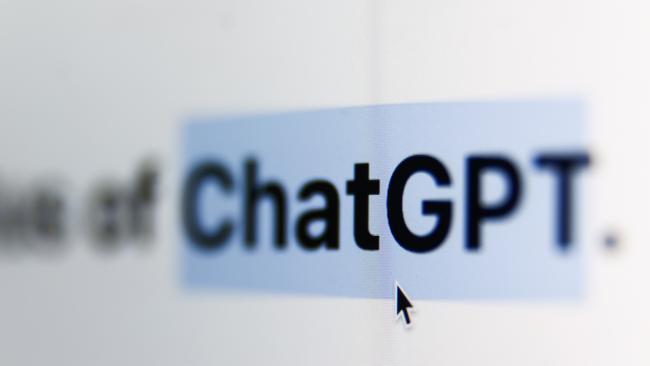
Leibniz’s primary objective, which led him to (among other things) develop the infinitesimal calculus, analyse Chinese ideograms and attempt to decipher the predictive algorithms of the I Ching and the Kabbalah, was not to create a universal language. It was to translate human information processing into a fully specified symbolic structure that could capture the logic underlying any proposition “as exactly as arithmetic expresses numbers or geometrical analysis expresses lines”.

The capacity to manipulate the resulting formulations would make his system “the greatest instrument of reason”, so lucidly solving every possible problem that “when the project is accomplished, it will simply be up to humans to be happy”.
That Leibniz’s goal was beyond his grasp hardly needs to be said; and despite the hullabaloo about ChatGPT, no one could seriously contend it will ever be achievable.
But if it resonates today it is not just as a precursor to Artificial Intelligence’s utopian ambitions, nor because it reminds us of the intertwined splendour and arrogance of genius, especially when it believes it can cure humanity’s woes.
Rather, it is because Leibniz, in seeking to untangle contemporary polemics, was trying to address the traumas of an era marked by a cacophony of claim and counterclaim that fatally blurred the lines separating truth from falsehood. And then, as now, new technologies of information and communication were blamed for the collapse of the boundary between fact and fiction.
At the heart of those technologies was the print revolution and especially its impact on the news. Until 1600, people of all classes only became aware of developments slowly, sparsely and sporadically; by 1640, news from an extraordinary variety of sources was diffused with what was considered lightning speed, bewildering frequency and ever greater regularity.
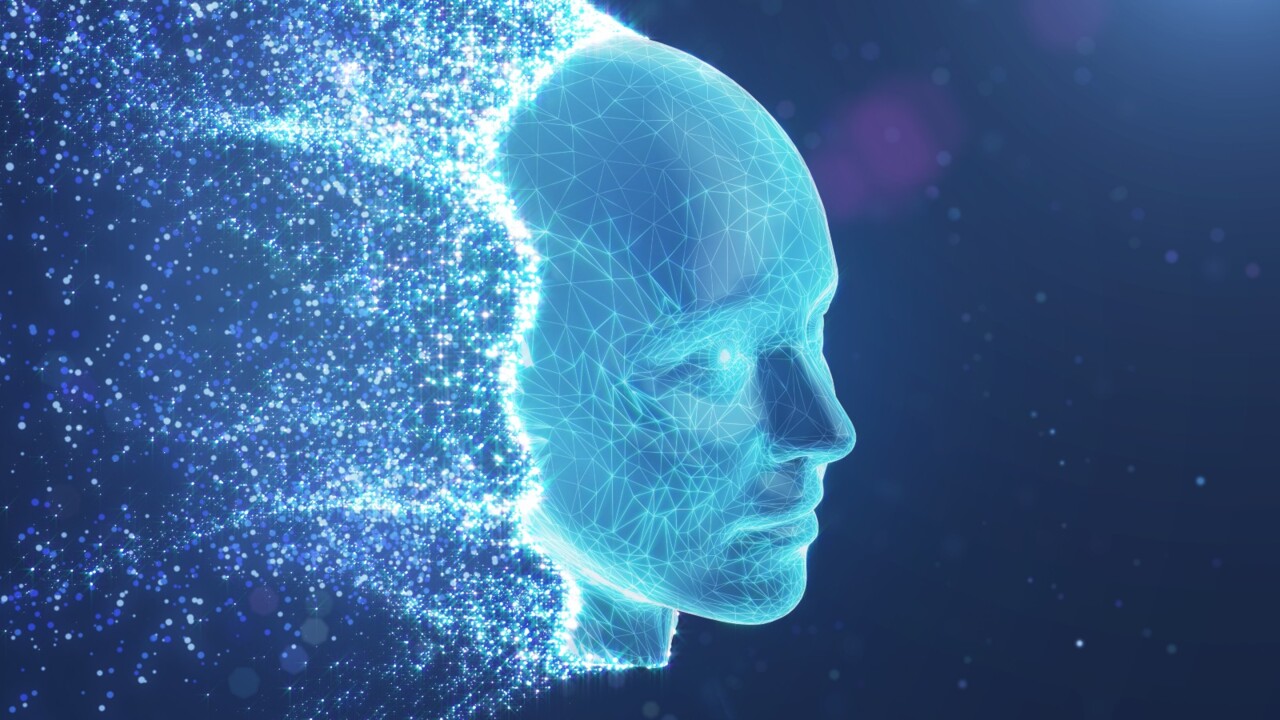
There had, in the 16th century, been news sheets, typically issued in single editions. But as the market expanded, their structure and shape changed, with the first regular newspaper appearing in Germany in 1609 and then being quickly imitated throughout Europe.
Particularly in relatively literate urban centres, intense competition between publishers did the rest: within a few decades, nearly one Florentine in 12 saw a newspaper every week.
Fuelled by, and fuelling, intense religious and ideological conflict, the emerging press’s partisan savagery would appal even today’s Twitteratti. The prequel to the lynching in 1672 of the powerful de Witt brothers in The Hague is a case in point, with published calls for their noses, ears and genitals to be cut off, as they were, prior to their remaining parts being dismembered, roasted and eaten by the jeering crowd.
The English press, which boasted 350 news publications in the period from 1641 to 1659 alone, was less bloodthirsty; but if it looked moderate, that was only by comparison. To make things worse, as the press boomed, accuracy was abandoned in a mad rush to beat rival publications. Hard copy might have promised hard fact. Instead, said the great philosopher Pierre Bayle, the news explosion cast Europe into “an impenetrable chaos of incertitude”.
Matters were not helped by governments that – following Machiavelli’s precept that “Everyone sees what you seem, few perceive what you are” – outdid each other in funding news outlets, both at home and abroad, to peddle convenient fictions.
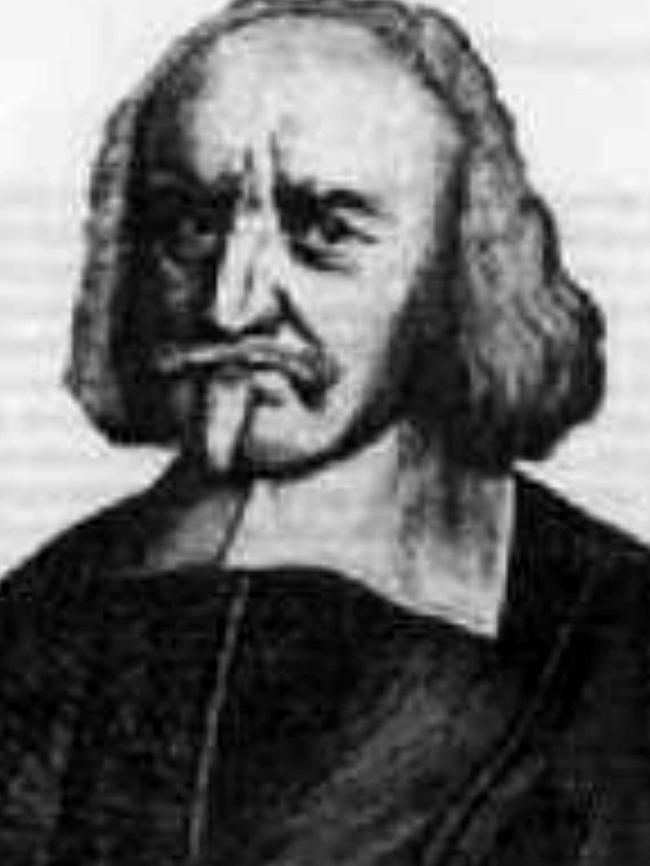
The overall result was aptly summarised by the anonymous Italian commentator who noted that “those too accustomed to lies will never believe the truth”. Against the backdrop of a bloody civil war in England, and the even bloodier Thirty Years War on the continent, the West descended into an unprecedented crisis of disbelief.
Faced, in John Donne’s words (famously imitated, shortly after Germany’s invasion of Poland, by WH Auden), with a world “all in peeces, all cohaerance gone”, many thought the solution lay in re-establishing certainty, if necessary by force.
It is thus no accident that the crisis spawned Thomas Hobbes’ Leviathan, with its brilliant justification of autocracy and its fulminations against freedom of expression.
Nor is it an accident that Hobbes’ even more brilliant contemporary, Blaise Pascal – who was also a pioneer of computational logic – argued that because ascertaining the truth so far exceeded mankind’s capabilities, only a leap of faith, and the unquestioning acceptance of autocratic rule, could restore peace and good order.
All that underpinned a swerve to stronger, more repressive states and tighter controls over information, often through statutes that prescribed terrifying punishments for spreading “false news”. At the same time, in an age in which people feared for their immortal soul, the theological constraints on what could be said tightened too.
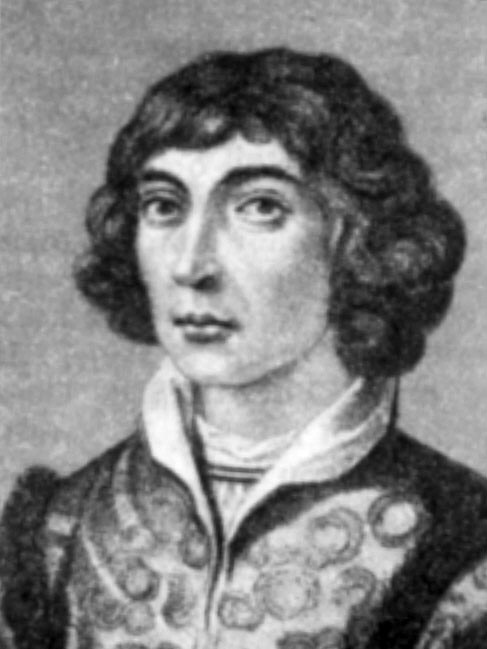
Where the rulers were Protestant, the established Protestant churches preached political passivity. Meanwhile, the Catholic Church, having just introduced the distinction between “doctrines” and “dogmas”, moved to strictly enforce orthodoxy: Nicolaus Copernicus in the 1530s and 1540s did not suffer the rigid church discipline inflicted on Galileo Galilei a century later, despite his ideas being no less radical.
Of the major powers, it was only in England, where both the monarchy and the established church were too weak to install absolutism, that some measure of press freedom survived. But confounding absolutism’s advocates, it did not precipitate a return to chaos.
On the contrary, English publishers discovered that a reputation for not peddling lies boosted sales; printed news, it turned out, permitted competing accounts to be compared in a way never before possible, making falsehoods easier to discern; and governments learned that the truth will out, bringing new-found accountability. Together, those factors helped forge an environment in which commerce, science and scholarship could flourish, allowing Britain to overtake the continental powers.
Now, history is not a morality tale, in which the past dispenses cheap lessons for the present and the future. But with ChatGPT fanning already widespread fears about “fake news” and unleashing a tsunami of regulation, notably in the European Union, it is worth remembering that every revolution in the technologies of information and communications has provoked similar outcries. And it is also worth remembering that regulation, whatever its merits, has never proven costless, much less a panacea.
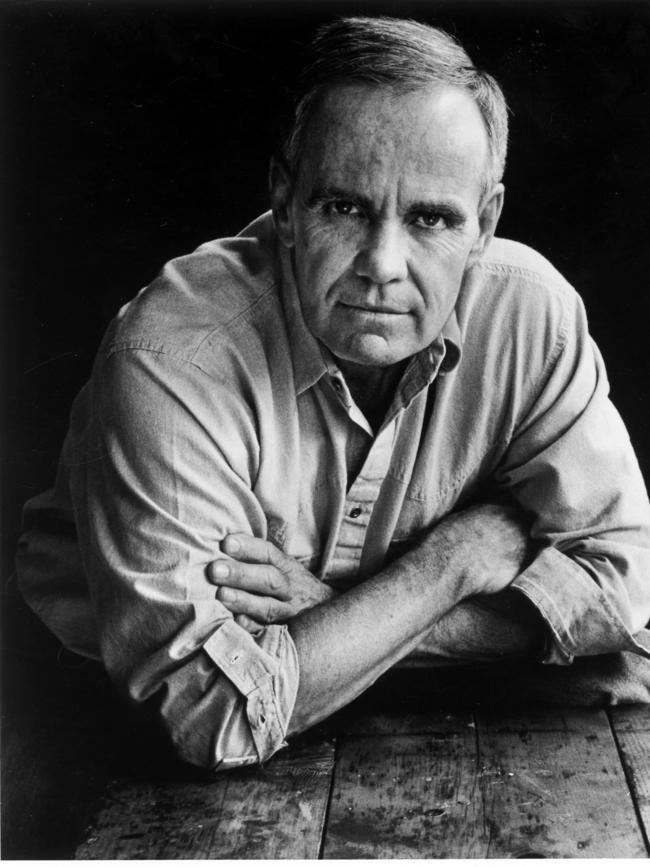
Yes, the late, lamented Cormac McCarthy had a point when he called man “A creature that can do anything. Make a machine. And a machine to make a machine. And evil that can run itself a thousand years, no need to tend it”. But even though Leibniz’s “best of all possible worlds” is not around the corner, the unhindered human quest for the truth remains very hard to beat – even by the smartest and most evil machine.


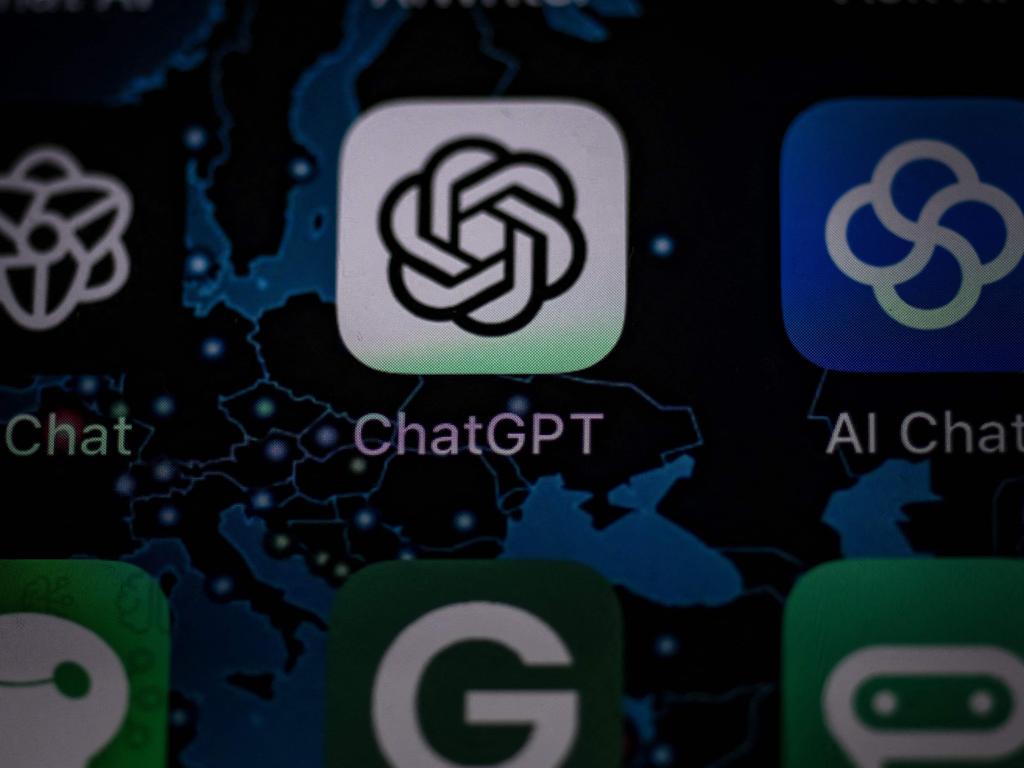





In 1677, German polymath Gottfried Wilhelm Leibniz announced that he had laid the foundations for a “characteristica universalis” – a “universal symbolic system” able to “express all our thoughts” in formal terms.